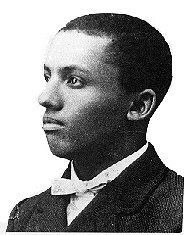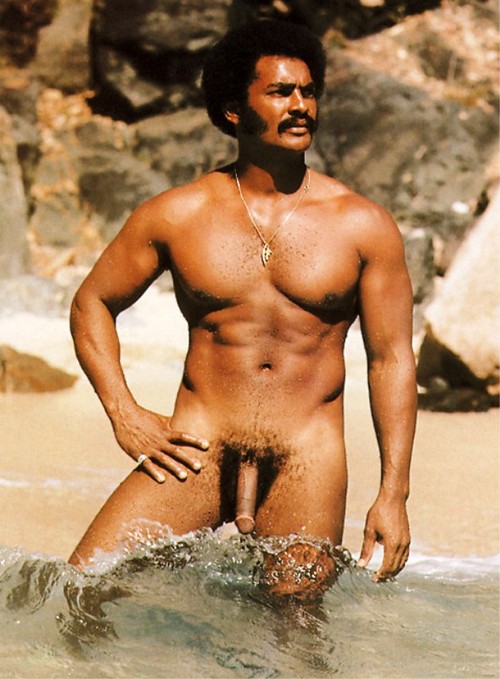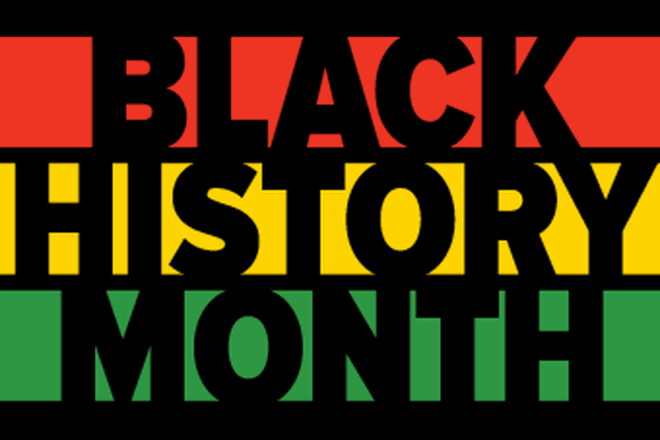What is today observed as Black History Month in the USA had a very limited and a very inauspicious beginning. It began in 1926 when Carter G. Woodson, an African-American historian and the Association for the Study of Negro Life and History designated the second week of the month of February as “Negro History Week.” This week was chosen because it generally coincided with Abraham Lincoln’s birthday on February 12 and of Frederick Douglass’ birthday on February 14. Both dates were celebrated in Black communities since the late 19th century.

Carter G. Woodson acknowledged two primary reasons for the observance of “Negro History Week.” These were for recognition and importance. In later years, Woodson (1875 – 1950) regarded the observance as “one of the most fortunate steps ever taken by the Association,” and encouraged annual celebrations of the event.
The initial honoring of Negro History Week in 1926 was not as widespread as originally hoped. Only three state departments of education, Delaware, North Carolina and West Virginia, cooperated with the launching. Two municipal public school administrations. the City of Baltimore, Maryland and Washington, D.C., endorsed the event. This poor response didn’t discourage Carter G. Woodson and the Association of the Study of Negro Life and History. They continued their advocacy of both the program and future celebrations.

Carter G. Woodson
1875 – 1950
Negro History Week founder
Despite the lack of enthusiasm for the first Negro History Week observation, the event continued to grow and gained the acceptance and outright support of the African-American community, especially in churches and the public schools. As racial segregation was still a legal practice in most of the public school districts within the USA, there was little knowledge or understanding of this observance within the broader society (primarily Caucasian).
The Great Depression soon followed the return seasons of Negro History Week. However, the time of hardship had very little impact on the growing success of the occasion. The spirit of cooperation and community instilled the sense of togetherness and the need for survival. World War II soon after the Great Depression created an even more pressing need for the African-Americans to seek out others like themselves and to celebrate.

Shortly after the end of World War II, then-President Harry Truman ended the practice of racial segregation within the USA armed forces. This enabled the armed forces personnel to get to know one another without fear of judgement. This measure also encouraged the Black community to seek the end of segregation for the civilian population as well.
In the 1950’s, the US Supreme Court outlawed segregation in the public schools. This led to the slow appearance of Negro History Week into the public schools throughout this country. As a result, the concept of the historical importance of African-Americans in the emergence of this nation was beginning to become reality. The contributions of the race in all aspects of life now began recognition outside the Black community.

The name, Black History Month, was first proposed by African-American professors and the Black United Students at Kent State University in Ohio in February, 1969. The very first observation of Black History Month happened at the same university one year later during February, 1970.
By the time the second honoring of Black History Month, in February, 1971, the occasion was being celebrated in educational institutions, centers of Black culture, churches and community centers throughout the USA. Then-President Gerald Ford recognized Black History Month during the USA Bicentennial in 1976. He urged all Americans to “seize the opportunity to honor the too-often neglected accomplishments of black Americans in every area of endeavor throughout our history.”

The above image is a design of the Adinkra symbol for the proverb from the same tribe which means: it is not too late to go back and retrieve it. This is especially true for all people, not merely African-Americans. We all benefit from the knowledge and understanding of our past, no matter where we originated.
We all owe a debt of gratitude to Carter G. Woodson and the Association for the Study of Negro Life and History. Without their dedication and diligence in creating the ideal of Negro History Week, we may not be celebrating Black History Month today.
Happy Black History Month!
Naked hugs!
Roger/ReNude Pride



Black man always have a beautiful penis
LikeLiked by 2 people
All men have a beautiful penis! 🙂
LikeLiked by 2 people
it is very normal because the black men have huge and big big bodies and long penis
LikeLiked by 2 people
Sadly, that was how they were treated back in the ugly days of the deep south. Little or no respect and treated like a piece of meat instead of God’s child.
In my humble opinion
Respectfully
LikeLiked by 2 people
True indeed! Their humanity wasn’t respected whatsoever!
LikeLiked by 2 people
Cool! I hope others enjoy it! 🙂
LikeLiked by 2 people
i love the black men if they are kind and they have nude long penis and big dick ,and they have nice beautiful butt ,if they have a history in america ,i hope that they an equality with all the people
LikeLiked by 2 people
thank you
LikeLiked by 2 people
You’re most welcome. Naked hugs! 🙂
LikeLiked by 1 person
GOD BLESS YOU
LikeLiked by 2 people
Really awesome
Feel uplifted and relaxed
I enjoyed all the pics
Professional shots
Thank you for this culture of nudity and remaining naked every outsider on the beach and other wonderful and amazing landscapes
It takes great maturity and assistance to be able to pause and making nude pics
I do really love this spirit of enhancing body awareness and feeling at ease and comfortable being naked
I look forward promoting and publish light sexy and sex-appealing underwear that let you feel well and comfortable white wearing them
Slight c-thru undergears for example
I would love to play porn movies with white black and Asian dudes
Thank you so much and as I look forward for pausing naked for this site I hope you will keep in touch and offer me an opportunity.
Tons of love guys!
LikeLiked by 1 person
Thank you for your most enlightening and informative communication and for following this site! Please email me: renudepride@gmail.com (name: Roger Poladopoulos) so that we can explore publishing you here naked. I’m interested in interviewing you for this site! 🙂 Naked hugs!
LikeLike
I am MBARGA OWONO Xavier
Born on the 19-08-1971
Antony Paris France
LikeLiked by 1 person
You are very kind! 🙂 Naked hugs!
LikeLike